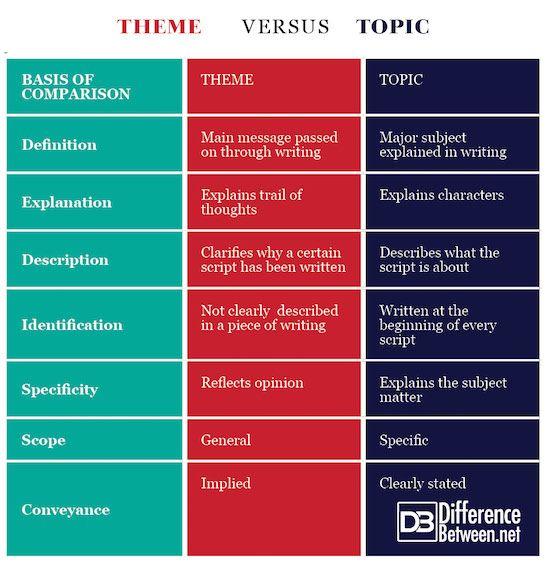In a stark warning that underscores the far-reaching consequences of global trade policies, economists are sounding the alarm over the impending impact of the United States’ highest tariff on the tiny African kingdom of Lesotho. According to a recent report by Reuters, the proposed tariff measures could devastate the fragile economy of this southern African nation, which is heavily reliant on exports to the U.S. market. As Washington navigates its complex trade agenda, experts are highlighting the unintended ramifications that such decisions may have on smaller economies, raising critical questions about the balance between national interests and global economic stability. With Lesotho’s economic survival hanging in the balance, this situation serves as a poignant reminder of the interconnected nature of global trade and the vulnerability of nations at the fringes of the economic landscape.
Impact of Trump’s Tariff on Lesotho’s Economy and Trade Dynamics
The introduction of steep tariffs by the Trump administration has sent shockwaves through Lesotho’s economy, a small landlocked nation that heavily relies on textile exports to the United States. With over 50% of its total exports directed towards the U.S. market, the imposition of high tariffs threatens to decimate this vital sector. As costs escalate, Lesotho’s manufacturers face a dilemma: either absorb the increased expenses or pass them on to consumers, ultimately hindering competitiveness. The ripple effects of these tariffs could lead to significant job losses in an economy already grappling with high unemployment rates.
Furthermore, as Lesotho navigates these new trade dynamics, local businesses are likely to explore alternative markets, which could prove challenging given the country’s limited economic diversification. Analysts suggest that the potential responses may include:
- Seeking new trade partners in other regions, such as Asia or Europe.
- Enhancing domestic production to reduce reliance on exports.
- Investing in technology to improve efficiency and reduce costs.
The long-term implications of these tariffs can hinder foreign investment in Lesotho, leading to a stagnant economic growth trajectory that could take years to recover. The nation’s susceptibility to external shocks underscores the urgent need for strategic economic reforms aimed at fostering resilience in the face of unpredictable global trade policies.
Long-term Consequences for Lesotho’s Textile Industry and Employment Opportunities
The imposition of Trump’s highest tariff poses a significant threat to Lesotho’s textile industry, which serves as a vital economic backbone for the tiny kingdom. In recent years, Lesotho has leveraged its tariff-free access to the U.S. market under the African Growth and Opportunity Act (AGOA), allowing its apparel manufacturers to thrive and employ thousands of local workers. As these tariffs force factories to either downscale or cease operations, the implications for employment will be dire, potentially resulting in:
- Mass unemployment: A considerable portion of the workforce, particularly women who make up a large share of the garment sector, may find themselves without jobs.
- Increased poverty rates: With job losses, many families will struggle to meet basic needs, exacerbating an already challenging economic landscape.
- Reduced foreign investment: The adverse impact on the textile industry could deter foreign investors seeking stable environments for their businesses.
As the repercussions of these tariffs begin to unfold, the long-term viability of Lesotho’s economy will be at stake. In a country heavily reliant on textile exports, the potential decline in production capacity has implications that reach far beyond immediate job losses. Below is a summary of potential economic outcomes over the next few years:
| Year | Projected Job Losses | Expected GDP Decline (%) |
|---|---|---|
| 2024 | 10,000 | -3 |
| 2025 | 20,000 | -5 |
| 2026 | 35,000 | -7 |
The projections indicate a grim future for Lesotho’s workforce and economic stability, underlining the urgency for alternative strategies to mitigate the fallout from the tariffs and safeguard employment opportunities in the region.
Strategies for Mitigating Economic Losses and Supporting Resilience in Lesotho
The recent tariff increases proposed by the Trump administration have raised alarm bells for the tiny African nation of Lesotho, which heavily relies on exports to the United States. To mitigate potential economic losses, the government of Lesotho could adopt a multifaceted approach aimed at diversifying its economy and strengthening trade relations with alternative partners. Key strategies include:
- Diversifying Export Markets: Actively seeking to expand trade agreements with countries in the European Union, China, and other regional markets to reduce dependence on U.S. imports.
- Boosting Local Industries: Investing in local manufacturing and agriculture to enhance self-sufficiency and create jobs, thereby decreasing reliance on the U.S. for income.
- Enhancing Skills Training: Implementing workforce development programs that equip citizens with skills needed to thrive in alternative industries.
Further support could come through international assistance and investment in infrastructure that promotes resilience in the face of economic shocks. Collaboration with NGOs and global development organizations can provide the necessary resources for implementing sustainable practices. The following table highlights potential areas for improvement within Lesotho’s economic framework:
| Area of Improvement | Proposed Action |
|---|---|
| Trade Diversification | Establish new trade agreements with emerging markets |
| Local Production | Increase investment in homegrown businesses |
| Education & Training | Enhance vocational training programs |
| Infrastructure Development | Improve logistics and transportation networks |
Insights and Conclusions
In conclusion, the potential implementation of President Trump’s highest tariff could have devastating implications for the small yet resilient kingdom of Lesotho. Economists warn that this policy not only threatens the livelihoods of countless workers in the textile industry but could also destabilize an already vulnerable economy heavily reliant on exports. As global trade dynamics continue to shift, the effects of such tariffs resonate far beyond national borders, underscoring the interconnectedness of modern economies. Stakeholders within Lesotho and the international community will be closely monitoring developments, hoping for a resolution that prioritizes sustainable growth and prosperity for all affected nations. As discussions unfold, the fate of this tiny kingdom remains uncertain, highlighting the delicate balance between domestic trade policies and international economic stability.

